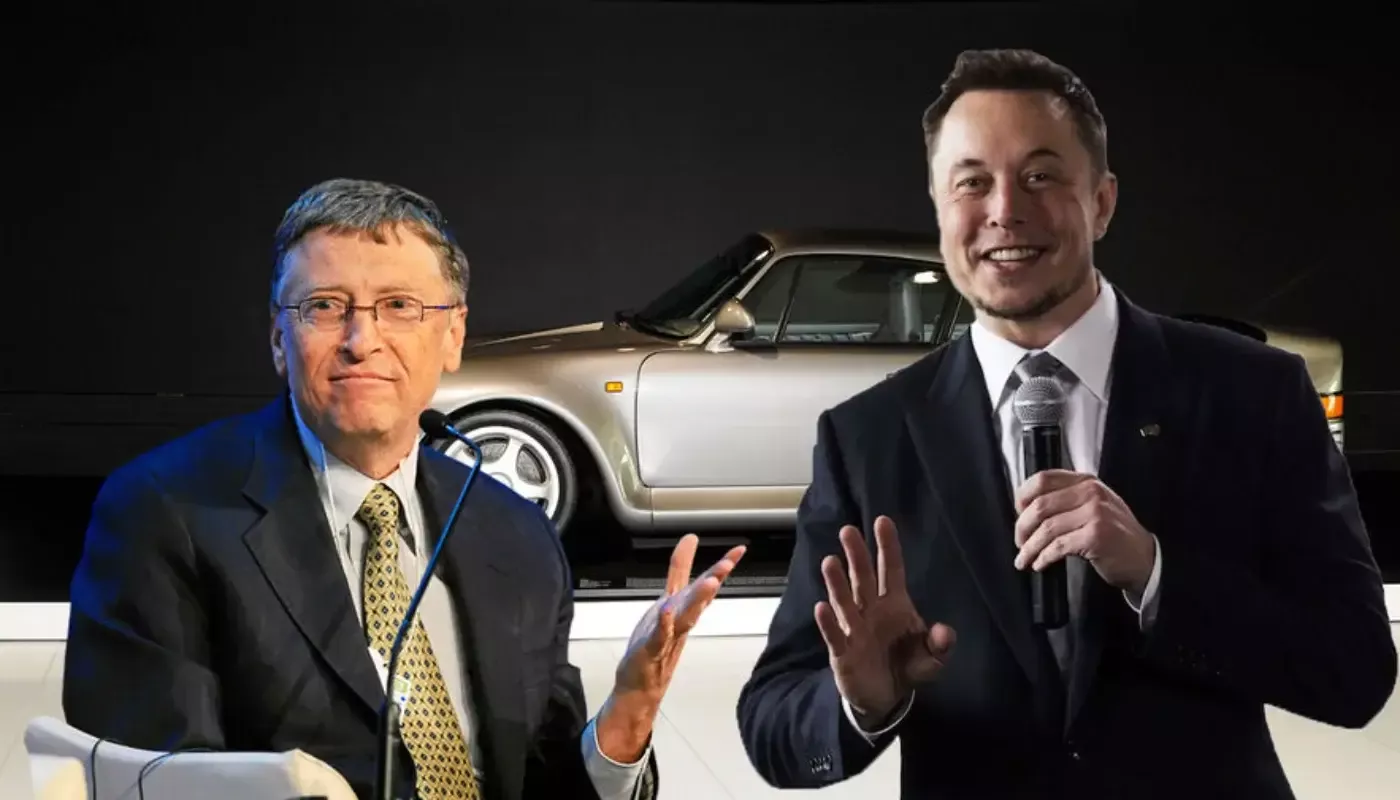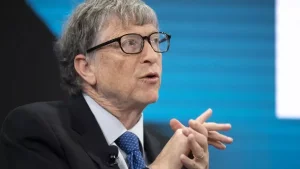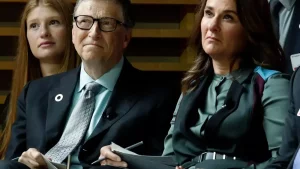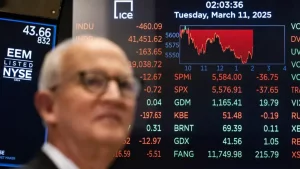
Another serious conflict has arisen between two major figures in the world of technology and philanthropy – Bill Gates and Elon Musk. Gates, the founder of Microsoft and one of the largest philanthropists in the world, accused Musk of putting “the lives of the poorest children at risk” by halting USAID programs – the U.S. Agency for International Development.
According to Gates, the sharp reduction in funding from USAID has led to a serious shortage of food and medicine supplies worldwide. This could significantly increase the risk of spreading serious diseases such as measles, polio, and HIV.
“It is a very sad situation if the richest person in the world kills the most needy children in the world,” Gates said in an interview with the media.
Musk – Gaza – Mozambique: a geographical error, consequences of the decision
Gates specifically highlighted the seriousness of the situation by citing a hospital operating in the Gaza province of Mozambique. This institution specializes in preventing mother-to-child transmission of HIV. However, U.S. officials mistakenly linked it to the Hamas movement in the Gaza Strip and halted financial assistance.
“I would like Elon Musk to meet face-to-face with the children currently infected with HIV. He has stopped the funding; now let him see the consequences,” Gates stated emphatically.
According to him, although Musk referred to the USAID agency as a “criminal,” he actually did not understand what this organization was engaged in. In a speech at the beginning of 2025, Musk declared that it was “time to die” for USAID and nearly terminated its activities.
Interestingly, Musk admitted in vague statements in February that he had confused the Gaza province of Mozambique with the Gaza Strip in Palestine. This indicates that his accusations led to baseless and incorrect decisions.
A long-standing conflict between two titans
This is not the first conflict between Gates and Musk. In 2012, Musk joined the “Giving Pledge” program established by Gates and Warren Buffett, promising to donate at least half of his wealth to charity. However, later, according to his biographer Walter Isaacson, Musk referred to Gates's charitable work as “futile” and “absurd.”
As Isaacson wrote, in 2022, Musk learned that Gates had sold his Tesla shares and called him a “hypocrite trying to profit by harming the company while claiming to do good.”
What do analysts say?
Experts believe that this conflict raises important questions about global charitable projects, the social responsibilities of tech leaders, and the social consequences of political decisions. Musk's radical position and Gates's humanitarian approach are likely to evoke two different opinions in the global community.
How the relationships between major figures in the international charity and innovation world will lead to further tensions remains to be seen.




